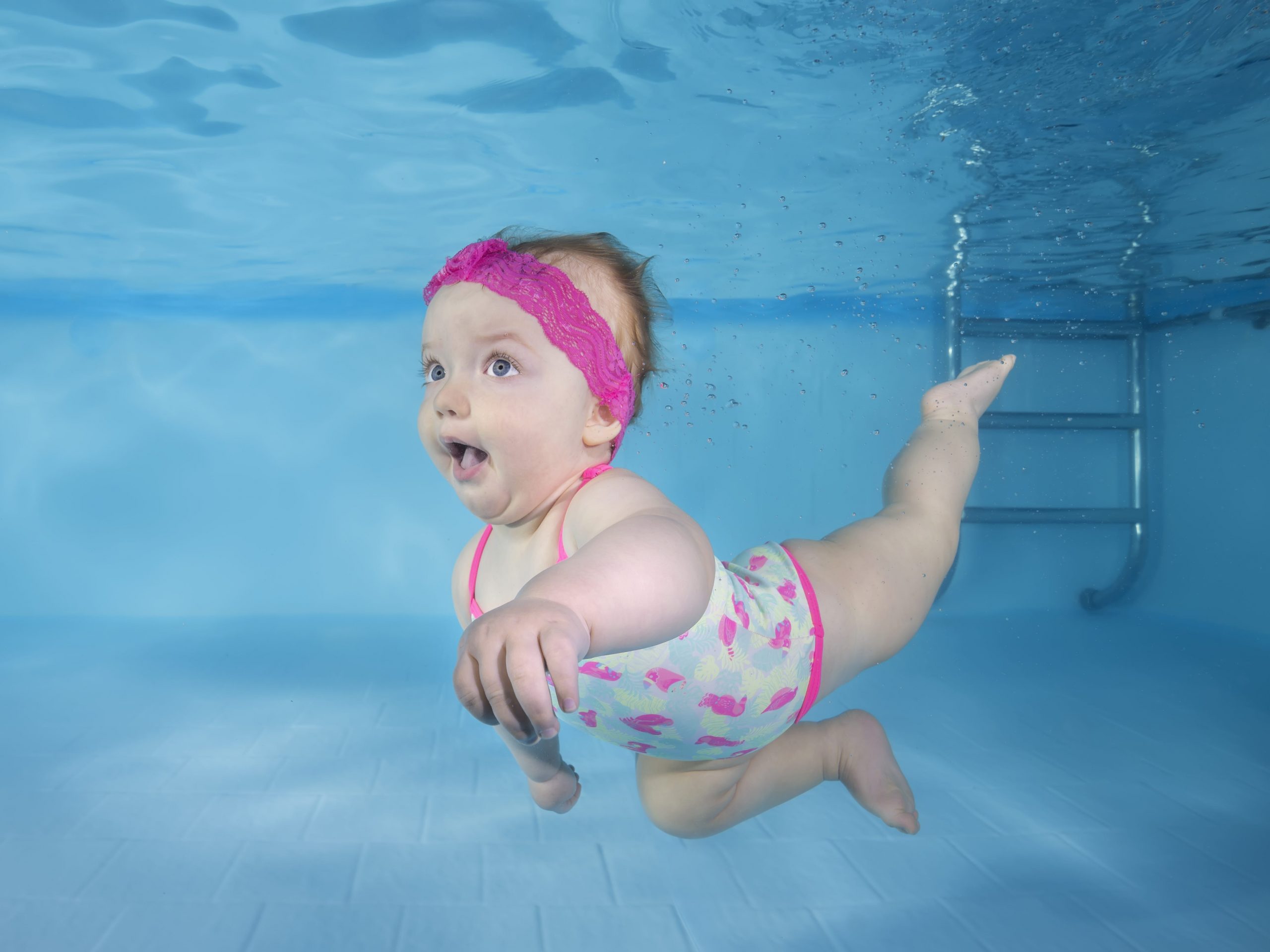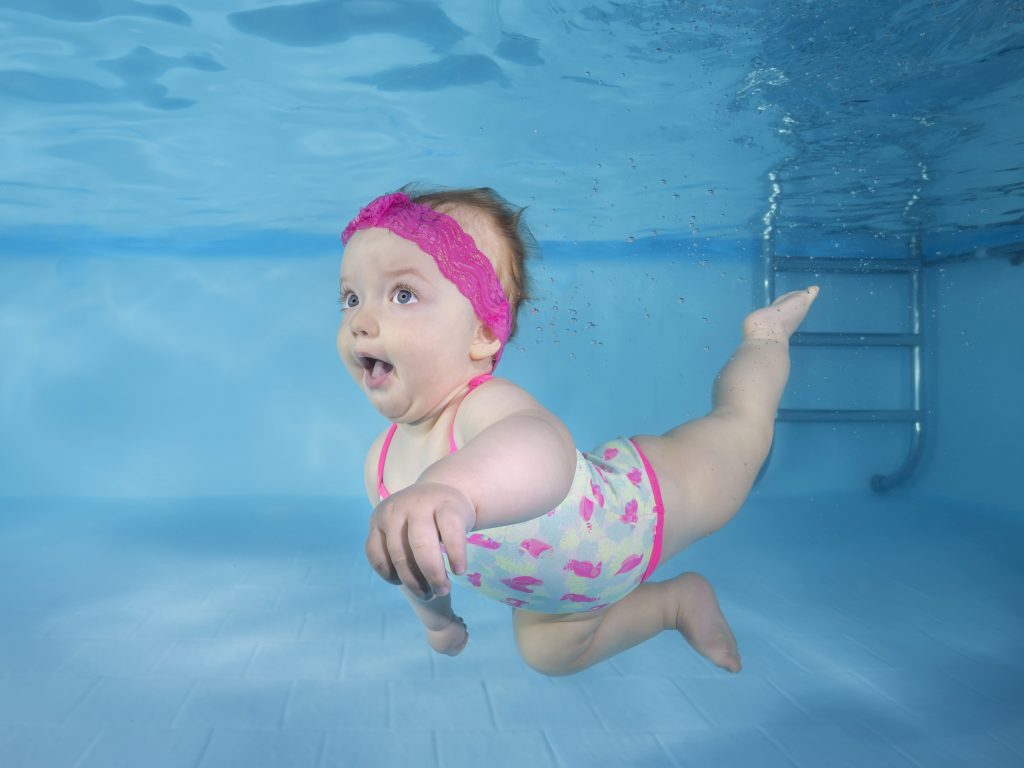
- Teaching infants how to swim can help instill several long-term benefits.
- Skills that prevent drowning are among the most important benefits to teaching babies how to swim.
- Peter and Alex Vanderkaay are former champion swimmers who teach swim lessons for infants.
- Visit Insider's homepage for more stories.
Teaching an infant to float and swim early may lead to a number of long-term physical and mental benefits in their development. It can also instill basic aquatic survival instincts that might save them from drowning.
The former Team USA Olympic swimmer Peter Vanderkaay, who won gold at the 2004 Los Angeles Olympics, and his brother Alex Vanderkaay, a former NCAA champion swimmer for the University of Michigan, are now instructors with the Big Blue Swim School who specialize in training infants to swim and float.
"There's some value in teaching kids who may be afraid of the water, or generationally, their families have not been swimming families, that this is a way they can overcome a fear and unlock their potential," Peter Vanderkaay told Insider. "Not every kid is going to go on to become a competitive swimmer and swim in college and beyond.
"But it is a good life lesson for them that they can set a goal, overcome something, and ultimately conquer it."
Early swim training can greatly reduce the risk of drowning
Drowning is a leading cause of death in children, according to the Centers for Disease Control and Prevention.
Parents can help reduce this risk by getting their children in a pool at a young age.
Participation in formal swimming lessons was associated with an 88% reduction in the risk of drowning in young children, one study published in JAMA Pediatrics found.
Vanderkaay has a 2-year-old son, and the decision to get him in a pool as an infant had less to do with kick-starting his swimming career and more to do with peace of mind.
"If they fall in a pool, or in a lake, or any body of water, the methodology has gotten to a point where you can show someone that young of age how to float, how to survive in the water if that should happen," he said. "It's something that I think has advanced over the years, and having a 2-year-old, the earlier I can get him in the pool just to develop those safety skills, the better."
Swimming can establish early athletic habits for young children
If you're planning to get your child into other sports later in life, teaching them to swim early can give them an advantage in their development as an athlete.
A 2010 study found that gentle swimming helped promote important muscle development for babies. Swimming is a full-body workout and can help improve their motor skills by building muscle in multiple areas and even making their joints more flexible.
As a cardiovascular workout, it can help strengthen their hearts and lungs, as well as regulate healthy blood flow.
Learning to swim may boost a child's confidence and cognitive function
Swimming requires physical movements known as bilateral cross-patterning movements, which use both sides of the body to carry out an action. These movement patterns can accelerate the development of a person's brain, a four-year study of more than 7,000 children by the Griffith University in Australia via Healthline found, which suggests infants who swim may advance in their mental development quicker than those who don't.
Getting into a pool also puts infants into a situation where they are forced to quickly adapt to stay afloat and confront something they are unprepared for.
"It gives them the confidence to achieve things," Vanderkaay said. "They can understand when they reach a milestone or accomplish something in the pool. And that's a great motivator outside of the pool, just being able to overcome fears."
